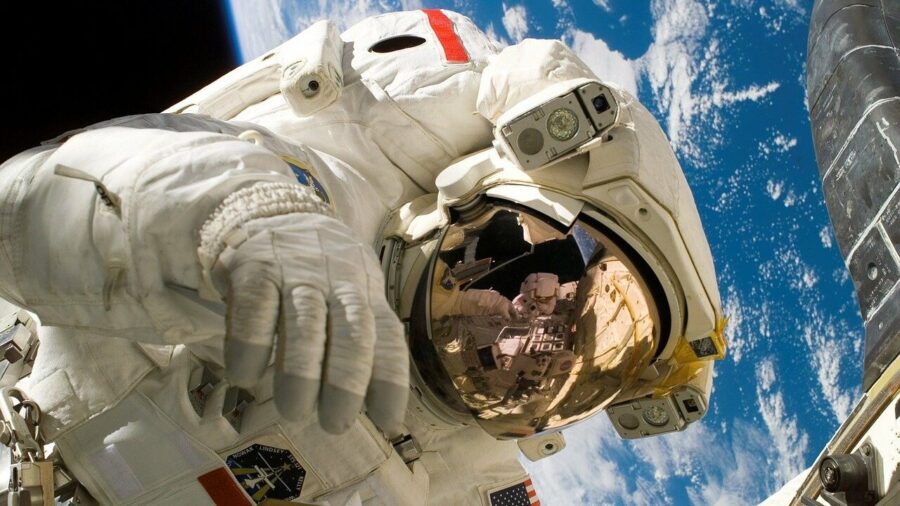Astronauts’ Blood Mutates Due To Spaceflight
Scientists are learning space travel could mutate your DNA.
This article is more than 2 years old

Imagine. You’re six-years-old, building a spacecraft out of bits and pieces of cardboard heading out to the garbage. You see yourself sitting in the cockpit, giving the launch countdown, preparing to jet off into a world beyond your wildest imagination into the depths of space – life is good. While many of us dreamed of being astronauts at a young age, we never considered the perils that a job like that would bring on. From malfunctions to explosions, the life of an astronaut is a dangerous one, and now a new fear has been introduced to the career path – blood mutations.
That’s right, rocket men and women around the globe need to be incredibly careful when they head off into space as studies are showing that DNA mutations are a very real possibility. During a study that has spanned two decades, fourteen astronauts had their blood carefully inspected, leading scientists to discover the harrowing reality. But, those still aspiring to explore the cosmos shouldn’t be derailed quite yet.
It sounds as though the study backs up the idea that astronauts should continue to have their blood screened to make sure no mutations are taking place. As long as they keep up to date with their healthcare, they should have no problems making sure things are going smoothly when it comes to their blood or any other important part of their inner workings. And this is great news seeing as how a risk of this intensity would almost definitely deter budding space enthusiasts from undergoing the training, donning the gear, and shipping off to the furthest reaches of the galaxy.
Over the 20-year study, which took its information from individuals who flew between 1998 and 2001 and spent around 12 days on their missions, scientists took their samples from the astronauts a total of two times per mission. White blood cells were collected only once, and each time three days after landing. The other samples were taken 10 days prior to the mission and on the day the craft successfully docked. Following the collection, the astronauts’ blood samples were chilled in the freezer and left untouched for 20 years. Of those tested, 85% were male. When the blood was studied, it was found that the mutations were only detected in less than two percent of their subject’s genes.
With the attempted Artemis Program, which has faced delay after delay, aiming to send astronauts back to the moon and even, possibly, to Mars, NASA is hoping to have boots on the ground by the 2030s as only robots have been able to inspect the red planet as of now. With the new knowledge surrounding possible DNA mutations, they’ll want to be on top of the game when it comes to the health of their astronauts. With these deep space explorations, the teams at NASA will need to be sure that the astronaut’s have all the tools and knowledge they need to keep up with monitoring their blood and the dangers that come along with the job.









